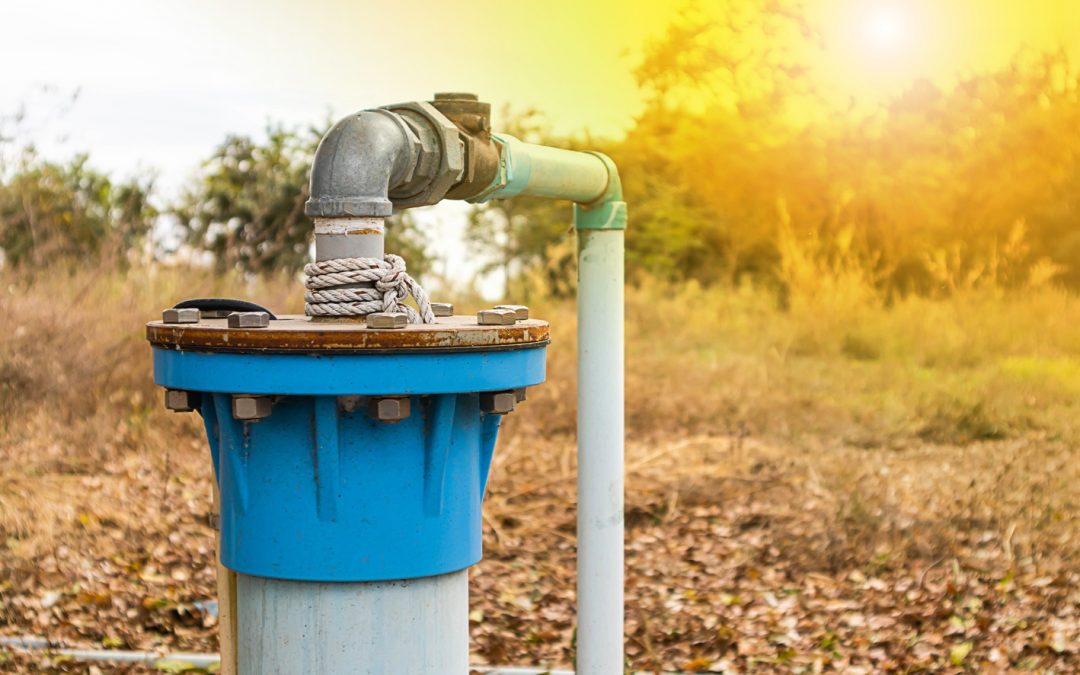
Table of Contents
- Introduction
- Understanding Well Structure
- Common Well Problems and Solutions
- The Importance of Regular Inspections
- Water Quality Monitoring
- Energy-Efficient Tools for Well Systems
Introduction
A well system is a valuable resource for many houses, providing a consistent supply of clean water for everyday usage. However, frequent maintenance is essential to guarantee that it operates effectively and dependably like any other system. Neglecting maintenance can decrease water flow, pollution, or total system failure. Understanding maintenance fundamentals will help you prevent costly repairs and guarantee that your well continues to supply your family’s water requirements.
Even with proper maintenance, unexpected issues can arise, such as a sudden drop in water pressure or a malfunctioning pump. In such cases, having access to 24/7 emergency well pump repairs is crucial to restoring your water supply quickly and minimizing disruptions. By staying proactive with regular inspections and knowing where to turn for immediate assistance, you can keep your well system running smoothly and avoid prolonged inconveniences.
Understanding Well Structure
A typical well system consists of several key components, each crucial in consistently delivering water to your property. The casing acts as a barrier, preventing contaminants from entering the well. The well pump, meanwhile, is responsible for moving water from the aquifer to the surface, while the pressure tank ensures consistent water pressure. Understanding these parts aids in diagnosing issues efficiently when they arise, allowing for quick resolutions before they escalate.
The better you understand your well’s mechanics, the more effectively you can maintain it. This knowledge can also inform your decisions when considering upgrades or repairs.
Common Well Problems and Solutions
Several issues commonly affect well systems, but many can be remedied with prompt action and proper maintenance strategies. Understanding these problems and their solutions can keep your well functioning smoothly and effectively:
- Low Water Pressure: This issue is often caused by a clogged filter or a failing pressure switch. Regular filter cleaning or replacement can enhance water flow while ensuring all valves and switches are operational and the desired pressure levels are maintained.
- Noisy Pump: Noisy operation might indicate possible air leaks in the system or worn-out bearings. Investigating unusual sounds early can prevent more extensive mechanical failures. Make sure all connections are secure, and seek professional help if the issue continues.
- Contaminated Water: If your water smells, looks, or tastes abnormal, contaminants may be present. Testing your water annually and installing appropriate filtration systems can help maintain safety, and regular disinfection can also help keep the water pure.
Implementing these methods assures that your well continues to perform and produce clean water without interruption. Identifying and fixing problems early on may dramatically reduce total maintenance costs and increase system lifespan.
The Importance of Regular Inspections
Regular inspections serve as the primary safeguard against possible malfunctions. During these evaluations, experts utilize specific tools and methods to search for indicators of deterioration, assess water quality, and verify that all components are operating correctly. Proactively examining your well system can uncover problems that an untrained observer might overlook.
Conducting yearly inspections can preemptively catch issues, saving you from costlier repairs in the long run. This practice can improve the lifespan and efficiency of the well and provide peace of mind, knowing that your water supply is secure and safe for all uses. Utilizing the knowledge of a skilled well technician guarantees thorough attention customized to the requirements of your particular system.
Water Quality Monitoring
Quality assurance of your well water is non-negotiable. Regular testing is essential to detect harmful microorganisms or chemical contaminants, ensuring safety for drinking, cooking, and other household uses. Various factors, including local geography, weather patterns, and human activities, can affect water quality, influencing the type and frequency of testing required.
Well-owners can adopt effective testing strategies by understanding local risks, such as nearby industrial activities or natural mineral deposits. Consulting guidelines such as the EPA guide for well owners offer valuable information on potential contaminants and recommended testing intervals. This proactive approach ensures your healthy water remains safe and reliable year-round, maintaining your family’s health.
Energy-Efficient Tools for Well Systems
Modernizing your well with energy-efficient solutions can lead to significant operational cost savings. Solar-powered well pumps are an eco-friendly alternative to traditional models, especially beneficial in regions with ample sunlight. These pumps reduce reliance on electricity, lowering your carbon footprint while ensuring consistent water flow.
Additionally, upgrading to high-efficiency filtration systems helps maintain water quality while reducing the energy required to process and purify the water. Investing in advanced technologies designed to optimize your well’s performance benefits the environment and increases your system’s overall sustainability and efficiency.